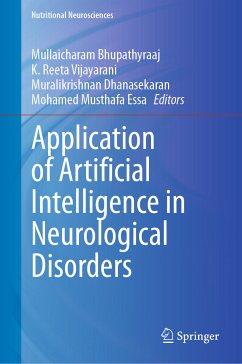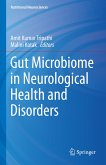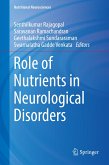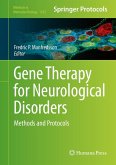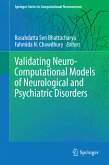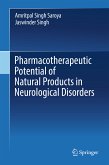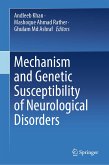This book discusses the role of artificial intelligence in neurological disorders, including, alleviating movement disorders, psychiatric disorders, diagnosis of neurological and neurodegenerative disorders, dementia, neuronal cancer, neuronal Infections, and brain diseases. It explores applications of artificial intelligence in the early diagnosis, prognosis, and development of new therapies against neurodegenerative disorders. This book also provides cutting-edge research using AI for studying neuroimage analysis, toward the discovery of new biological pathways and systems implicated in dementia and related diseases. It also reviews AI-based interventions in depression research and treatment. The chapter also examines the potential benefits of using AI to help manage depression, from improved access to coordinated care. This book is an essential source for students, researchers, academicians, and neurologists aiming to understand AI-based approaches for the diagnosis, treatment, and prevention of neurological disorders.
Dieser Download kann aus rechtlichen Gründen nur mit Rechnungsadresse in A, B, BG, CY, CZ, D, DK, EW, E, FIN, F, GR, HR, H, IRL, I, LT, L, LR, M, NL, PL, P, R, S, SLO, SK ausgeliefert werden.

